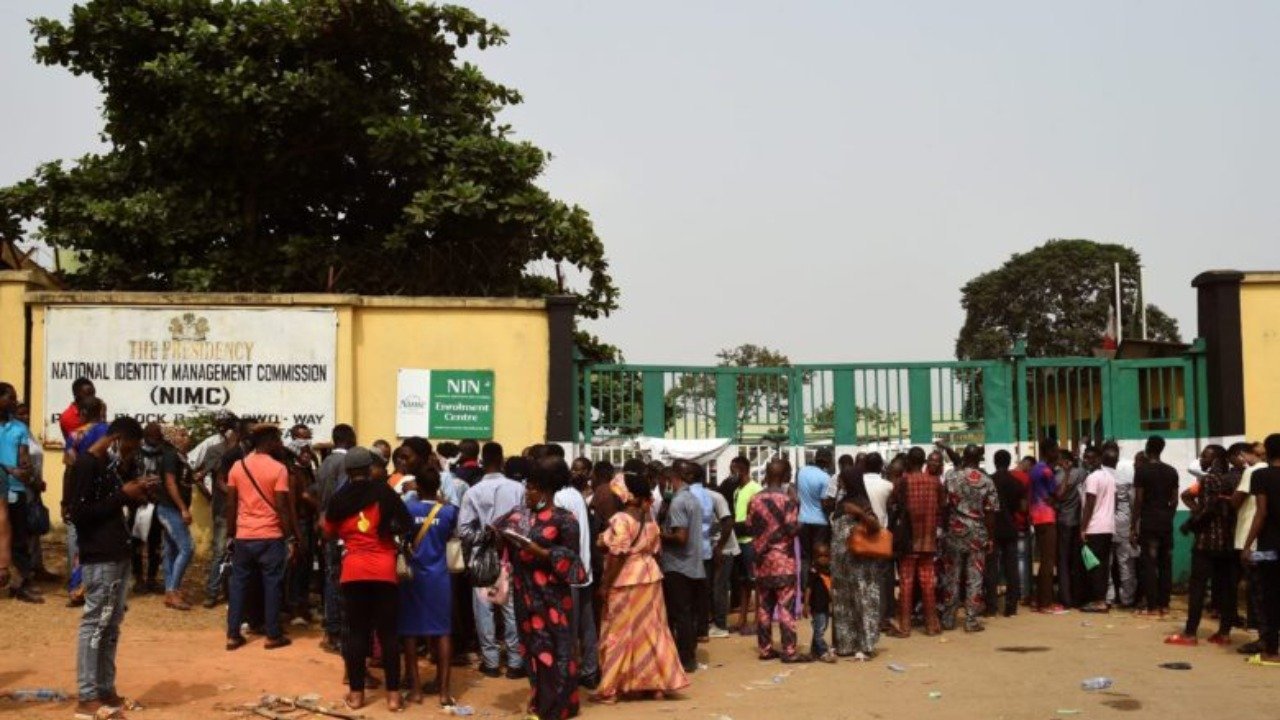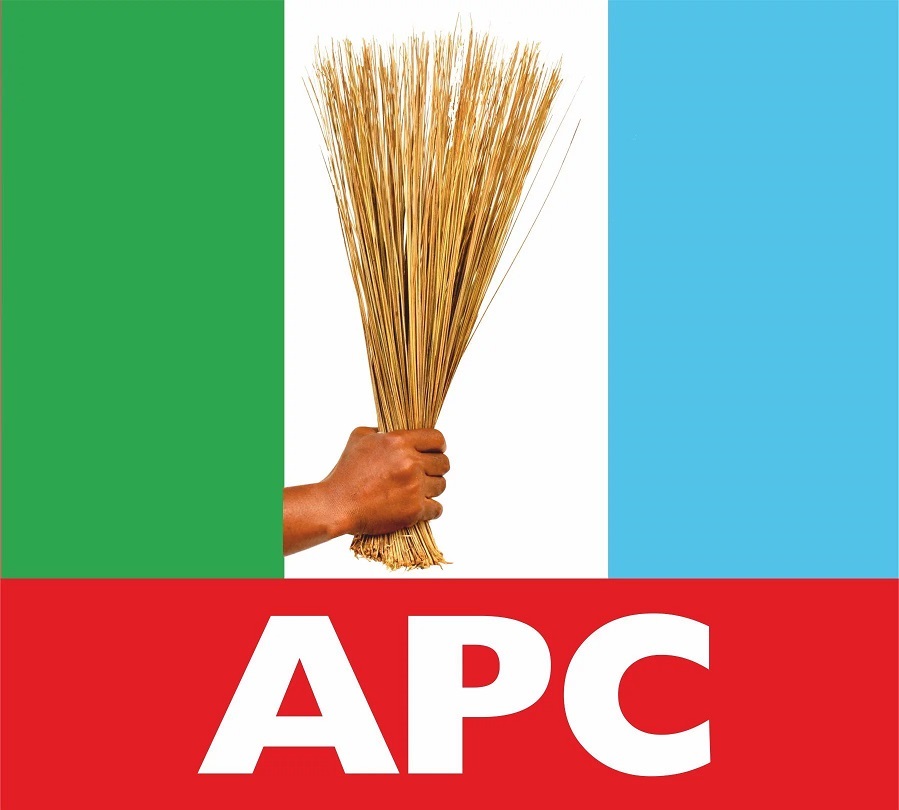On the 15th of December, 2020, the Nigeria Communications Commission (NCC) ordered mobile network operators in the country to suspend the sale and activation of new Subscriber Identification Module (SIM) cards.
The industry regulator also ordered Nigerians to link their National Identification Numbers (NIN), provided by the National Identity Management Commission (NIMC).
According to the NCC, all SIMs not linked by October 30, 2020 must be blocked by the MNOs.
While justifying the order, the NCC said it was an “urgent drastic measure that has now become inevitable to improve the integrity and transparency of the SIM registration process.”
As good as the intentions of government may be in ordering the linkage of NINs to SIMS, what many, however, have considered unreasonable was the unrealistic two-week deadline given, especially with just about 38% of Nigerians who had their NINs as of December 15th when the order was given.
According to data from the NCC, as at that time, Nigeria had about 198 million active mobile telephone lines, in a country of about 200 million people. What this means is that several Nigerians had just two weeks to register with the NIMC and get their NINs.
Though the NCC has graciously extended the deadline on two occasions, with the latest extension to last till early April, 2021, the process of NIN registration, for many Nigerians, has become herculean, extorting and excluding.
Though there were fears at the beginning of the exercise of a major health crisis, as thousands of Nigerians thronged NIMC offices nationwide to get registered at a time the second wave of COVID-19 pandemic was ravaging the country, NIMC’s permission to some companies and MNOs seem to have lessened the fears.
Ripping off the Poor
The above, withstanding, Nigerians have continued to complain about how they are being extorted by those saddled with the registration.
Stories abound all over the country of Nigerians paying as much as N5,000 to get registered. A resident of Sango, on the outskirts of Lagos relayed his experience at a local government secretariat, where he had gone to register.
The resident, who gave his name simply as Bolu, said he, others at the centre were compelled to part with N5,000 each before they were singled out of the crowd and attended to.
He said: “I went to the local government secretariat in Sango-Ota for my NIN registration and as usual, there was a huge crowd, despite getting there very early in the morning. A young man, who appeared to be an agent of the NIMC officials was going from one person to the other soliciting them to part with money so they could be attended to.
“He came to me and solicited, promising that I would be promptly attended to. Because of the massive crowd, I had no option than to give in to his demands. Luckily, he made good his words as we were all called in for our registration.”
David Akolade, a Computer Science student of the Kogi State University, Ayangba, who is currently in Lagos for his Industrial Training, at one of the companies at Motorways Centre, Ikeja Lagos, a special arrangement saw him parting with N2,000 to be registered.
According to him, most of the people working the expansive complex trooped and all parted with N2,000 each to get registered over the three days the special registration centre lasted.
Another student, whose father gave her name simply as Precious was mandated to pay N3,000 at the main campus of the Oduduwa University, Ipetumodu, Osun State to have her NIN registration done.
The distraught father, who wondered why students should be made to part with money before they enroll in an exercise government said is free, believes government only created another illicit way for some officials to make money by ripping off poor Nigerians.
Ex-communicating Rural Dwellers
If residents of urban and semi-urban areas are complaining about extortion by officials of NIMC before they could get registered, the situation in the nation’s vast rural areas are even more troubling.
Reports from different parts of the country suggest that there is no presence of registration officials in most rural communities in the country.
A source, who preferred not to be named described how after spending a few days in his village in the North-Central geopolitical zone, discovered that the local population have been left to their fate and just possibly waiting for when NCC will make good its threat that SIMs not linked to NIN must be blocked.
The source said: “I have been in the village for the past few days and I can confidently confirm to you that there is nothing like NIN registration going on here. The people in my village have never seen any official from NIMC or the telecoms companies that have been licensed to engage in NIN registration.
“I have spoken to a few people since I got here and it is disheartening that when these villagers make efforts to go to the local government headquarters for registration, they are forced to pay to get it done.
“And this is not just happening in my village, it is said to be the same situation in all the rural communities in the state. This is supposed to be a national exercise that should cover every part of the country. Unfortunately, this is not the case.”
Continuing, the source said considering the fact that majority of the nation’s population live in the rural areas, if the current situation does not change, several millions of Nigerians may be cut off with no access to phones for them to keep in touch with their loved ones.
Speaking on the development, a public affairs analyst, Chukwudi Okonkwo, said that what is happening with the NIN registration is not surprising, as it is the normal Nigerian way of doing things.
“Nigerian policy makers are deficient when it comes to thinking things through and coming up with policies that are foul proof. Even when they manage to have a good policy in place, implementing it becomes another headache.
“I honestly believe the government never thought out this policy well and they also failed to make adequate preparations for its implementation. That’s noticeable from the initial two weeks deadline given to more than 100 million Nigerians to register for NIN and also link it with their SIMs”, he said.
Continuing, Okonkwo said it would be immoral to block lines of Nigerians in rural communities if adequate arrangements are not made for them to get registered.
“It will amount to punishing them for what they do not have control over. If government failed to make provision for rural dwellers to be registered, the same government would be morally wrong to compel telecoms companies to block their lines”, he concluded.
A senior staff of one of the telecoms companies in Lagos, who chose to remain anonymous believes that the Federal Government through the NCC will not have any choice than to still announce another extension, arguing that the extension announced a few days ago will still not work.
“Even with the network operators now allowed to carry out NIN registration, we still cannot meet the deadline without having to unjustifiably leaving out some people without access to telephone services. Aside the rural areas where network issues and the remoteness of their locations may hamper effective registration, the cities and bigger towns have not been fully served. For every Nigerian to be covered, which I believe is the purpose of the exercise, there must be another extension”, he said.
GoldennewsNG, in an attempt to get a response form the NIMC on the issues raised by Nigerians, called and sent messages to the commission for comments, but none came as at the time of filing this report.




















